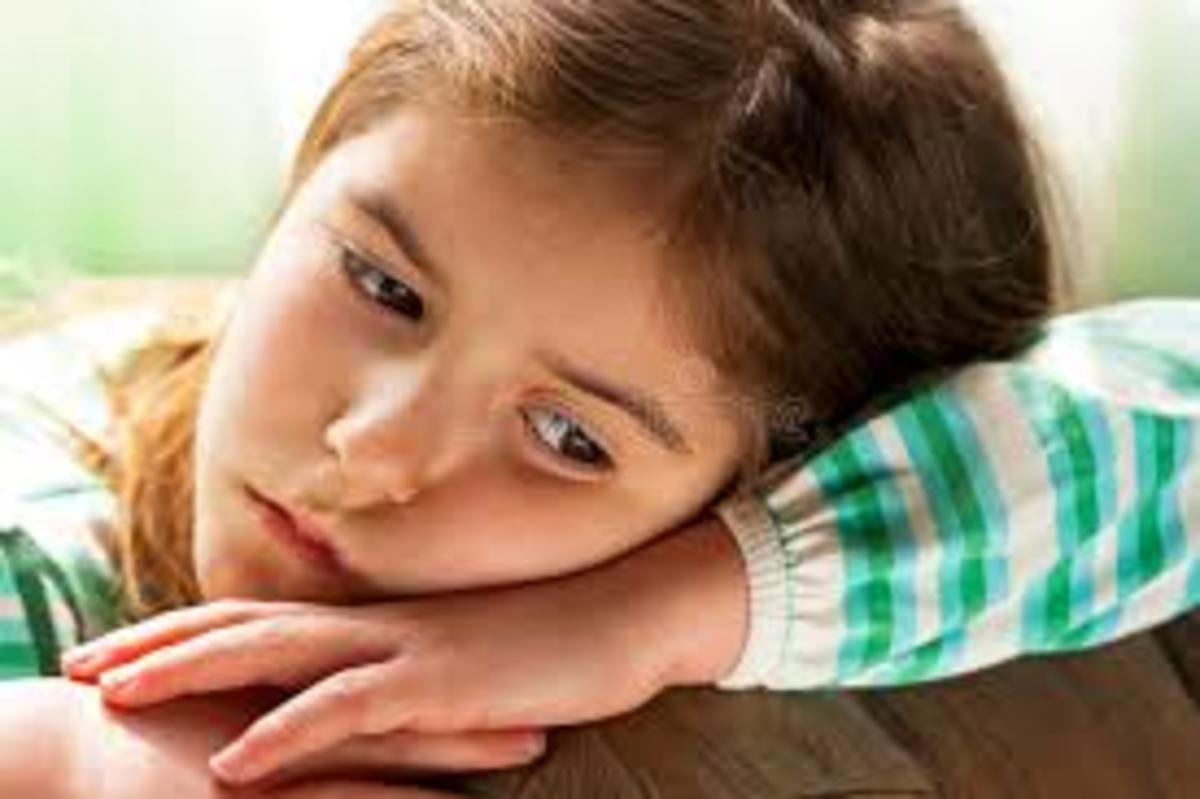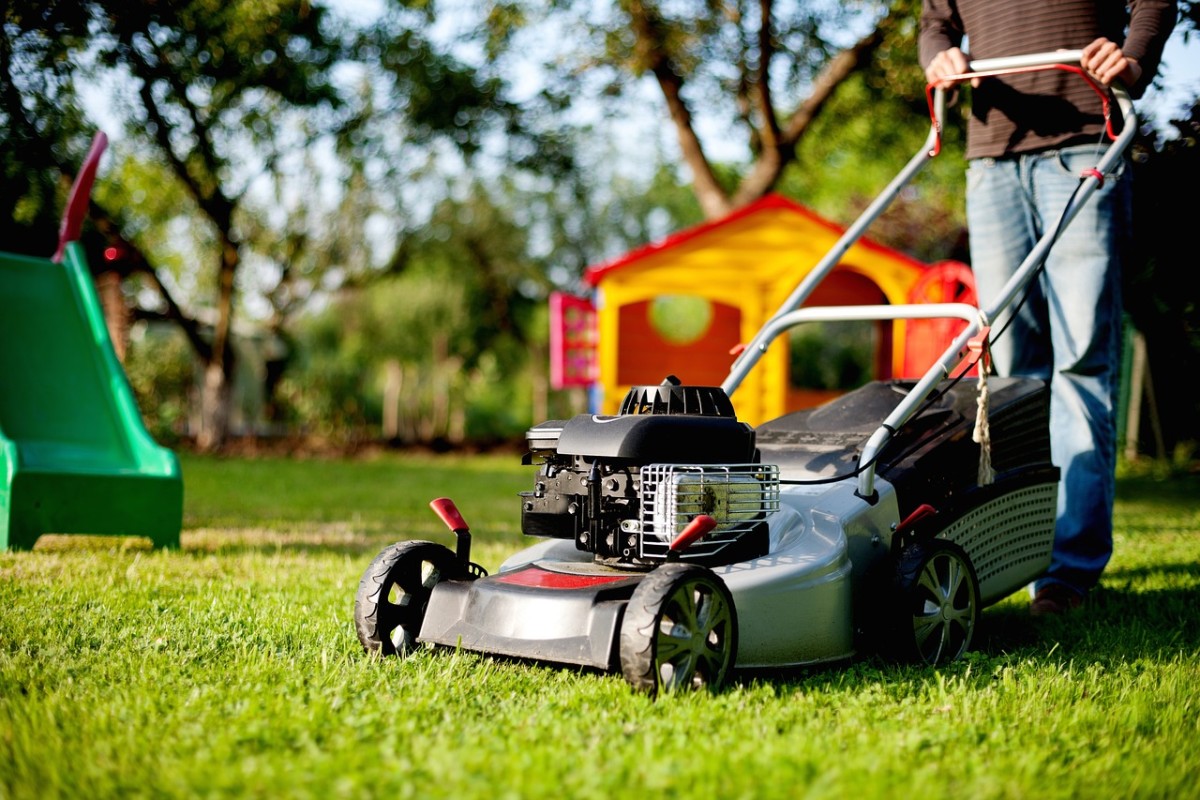Children Do Make Mistakes- That's A Part Of Their Growth, Exploration, And Eventually Becoming Self-Assured
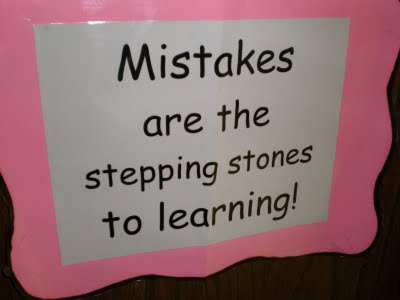
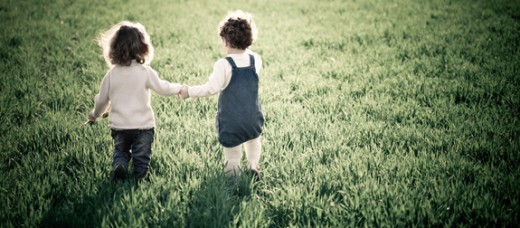
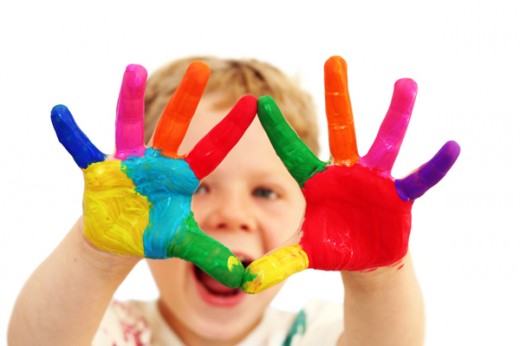
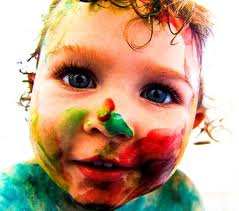
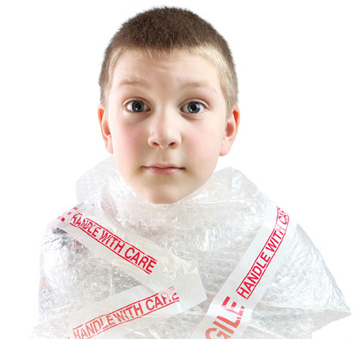

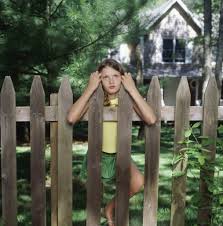

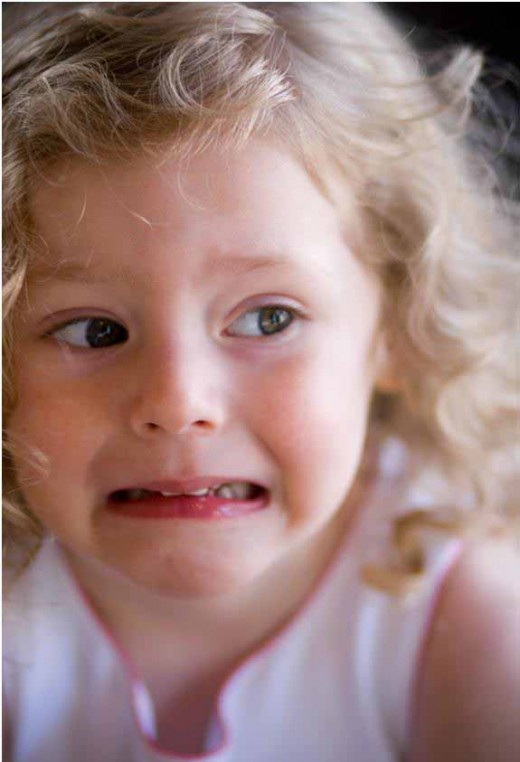

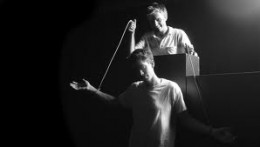




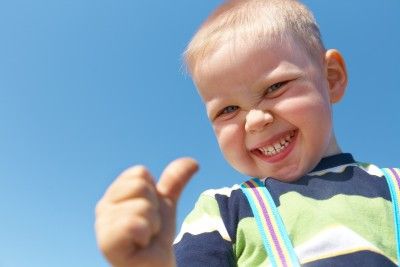
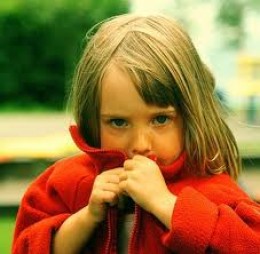
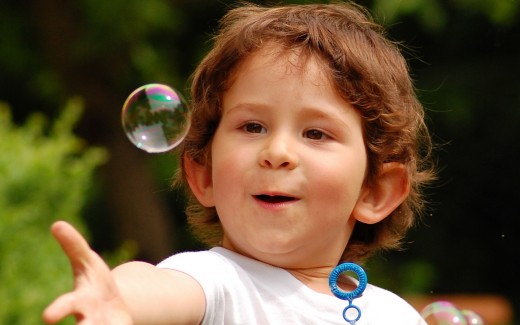
Letting Children Be...............Well, Children!
Many parents are quite comfortable letting their children make mistakes and explore their environment. They portend that children must be free to make errors in order to learn and grow as people. Also making mistakes helps children to learn more about their particular wants and desires. Children who are allowed to make mistakes tend to grow up to be more independent individuals who are not averse to taking intelligent risks.
Children are naturally curious and exploratory souls. They are into one thing or another. They are constantly dynamic individuals who are always moving and seeking new avenues in which they can express themselves. They furthermore are yearning to seek newer avenues regarding their environments. This is an integral part to children's development.
Educators, psychologists, and other social scientists strong portend that children who are allowed to be interactive with their respective environments develop much more healthier and resilient personalities. They are also more self-confident and assertive because they learn what they can and cannot do. In essence, by being free to explore their environment, children learn important life and survival skills which will benefit them throughout life.
However, there are many children who grow up in environments which they are severely curtailed. They are constantly admonished by their parents that the world is a very dangerous place so it is not good to be so exploratory. Their parents insist that their children are to be closely supervised as to not get into deleterious situations. These are the children whose activities and play-times are rigorously organized and constantly supervised either by parents and/or other adult authority figures to ensure that they are tightly monitored as to not get "into dangerous situations".
These parents furthermore do not take kindly to the fact that children are naturally curious and exploratory. These parents opine that such is not good. They want their children to be self-contained and well-behaved. This translates into that it is fine for children to be curious and exploratory regarding their immediate and outer environment but only in severe modicum amounts, not TOO much.
Everyday, one sees overprotective and/or overcontrolling parents whose modus operandi is to have their children be self-contained and controlled little adults. I remember a mother stating that when her now grown daughter was a child, she was a self-contained little angel. This mother bragged that her daughter never roughhoused and never got into childhood messes. She further stated that her daughter did play but her activities were strictly organized and well constructed. The concept of free play and general exploration was a total anathema to this mother.
It is the intent of the average overprotective parent that their children should have an extremely contained and self-environment. They control and monitor their children's activities with this purpose in mind. Children raised in such environments are admonished not to go too far because one is uncertain of what is "lurking" out in this world. With this parenting reasoning and admonition, they are imbued with fear consciousness.
Many children of overprotective parents become quite fearful of making mistakes and failing. They are also told by their parents to be circumspect regarding the activities they pursue and how they explore. Of course, some caution regarding exploration is necessary and most parents apply this principle; however, overprotective parents anticipate danger in almost every situation and warn their child/children of this implicitly and constantly.
Children of overprotective parents are given stern prohibitions regarding being curious about their inner and outer environment. They are not told that the world is a wonderful place to be in. It is quite the opposite-they are inculcated to be extremely wary of almost every move that they make.
Overprotective parents want to shield their children from major explorations in life. It is their opinion and estimation that oftentimes explorations are just wasteful detours in their children's lives. These parents believe that their children's time would be better utilized if they adhered to a preset implementable and organizational plan.
Now back to the overcontrolling parent. These parents want docile and compliant children whom they can easily control. Yes, the key word is control. They elect not to view their children as individuals with their own wants and curiosity. They strongly portend that their children are theirs to bend and mold to their image and will. These parents do not want children but little, extremely well behaved adults. The concept of a child being curious and exploring his/her environments is somewhat beyond the pale of such parents.
The idea of children being curious, exploring, and feeling out their environments is akin to be totally defiant to some overcontrolling parents. They believe that as the parent, they set the parameters of what their children are supposed to do period. They are of the school that if their children have organized activities, they will be more likely to be on the right path and to succeed faster and less likely to get into trouble. Many of these parents strong assert that the problem with children is that they want to go their own way instead of following a preordained plan.
There are parents who want their children to be as perfect as possible. The concept of a child being curious and want to explore his/her environment means that some mistakes and failings will occur. Those precepts are considered a no-no for such parents. To such parents, a child making a mistake is totally horrendous and should not occur, if necessary.
This is the parent who goes completely x files if a child spills an article of food while attempting to feed himself/herself. Instead of having a realistic and mature assessment that children spill things, they proclaim that this child is totally inept and clumsy. This parent is impatient at the normal phases of childhood. They believe that children should possess adult skills which is highly improbable during the childhood phase. This parent believes in strongly in establishing stringent rules and parameters in order to ascertain that the child makes as few mistakes as possible. In other words, these parents expect their children to be adults, no questions asked.
There are some soul destroying parents who actively discourage their children from being exploratory, reminding that they had made similar mistakes and mishaps in the past and it would be unwise to explore territory which they are "unfamiliar" with. Such parents believe that the more their children are curious and want to explore, it is a likelihood that similar mistakes would be made and what is the point of that! They ascertain that their children have made mistakes doing a particular thing, that means that they are not capable and should ever consider performing similar tasks in the future. They teach their children that it is more appropriate to go on a safe and narrow path.
By going on the safe and narrow path, these parents contend that their children are assured of certainty and worthwhile and measurable achievements. To assure these goals, their children are given strict rules and parameters with the purpose of having an easier road and to avoid as many mistakes as possible. To these parents, children constantly exploring their environments often result in mistakes and pitfalls that could irreparably and irrevocably damage their future prospects.
Parents who are open regarding their children being curious and adventurous about their environments tend to have highly self-actualized, motivated, and fearless children. These children are highly self-confident in approaching life situations. They view life as a big adventure to be savored. They also have the skills to assess less than positive situations. They also know how to think independently and to use intelligent judgement. They have highly attuned survival skills which will tremendously benefit them in academic and work situations.
Children who are raised in more prohibitive environments learn to become unsure of themselves. Since they not develop the necessary survival skills, they tend to feel that they are powerless. They are also extremely vulnerable to those more stronger than they are. This means that they can be taken advantage of because they did not develop the prerequisite life enhancing skills.
This also means that they are more likely to be overwhelmed by the more negative aspects of society. They are very timorous, often depending upon others, especially if they are stronger and in authority, to make the important decisions for them. They also do not possess the wherewithal to survive in difficult situations whether it is school, job, and/or relationships. In other words, they will become the weakest chain in school and later in life.
In conclusion, children are going to explore their immediate and outer environment. This is an integral and important part of childhood. This is the way that children learn, grow, and develop into independent, self-assured adults. So, let the little darlings play, get dirty, make messes! After all, they are children and childhood is so short!
© 2012 Grace Marguerite Williams


